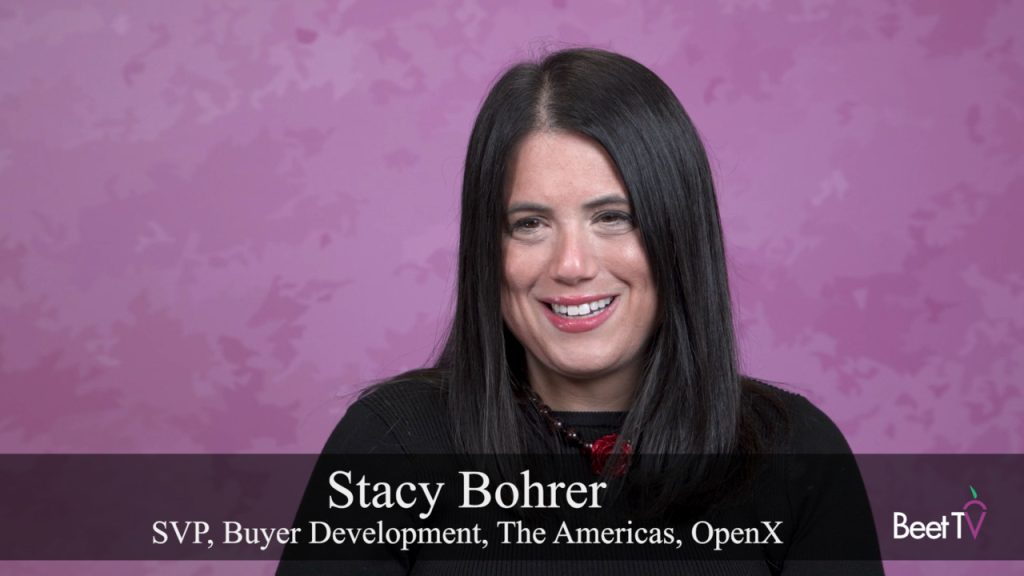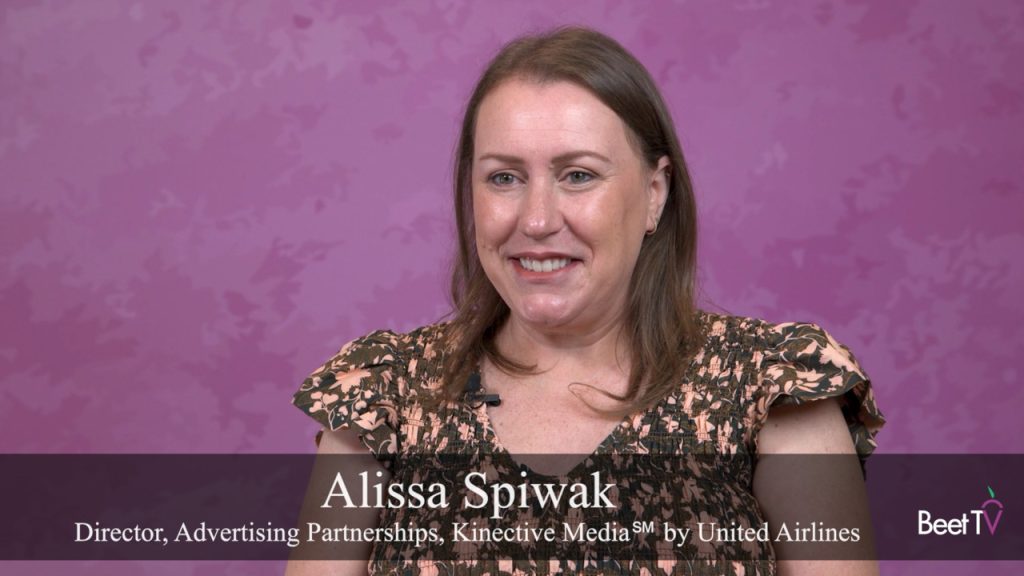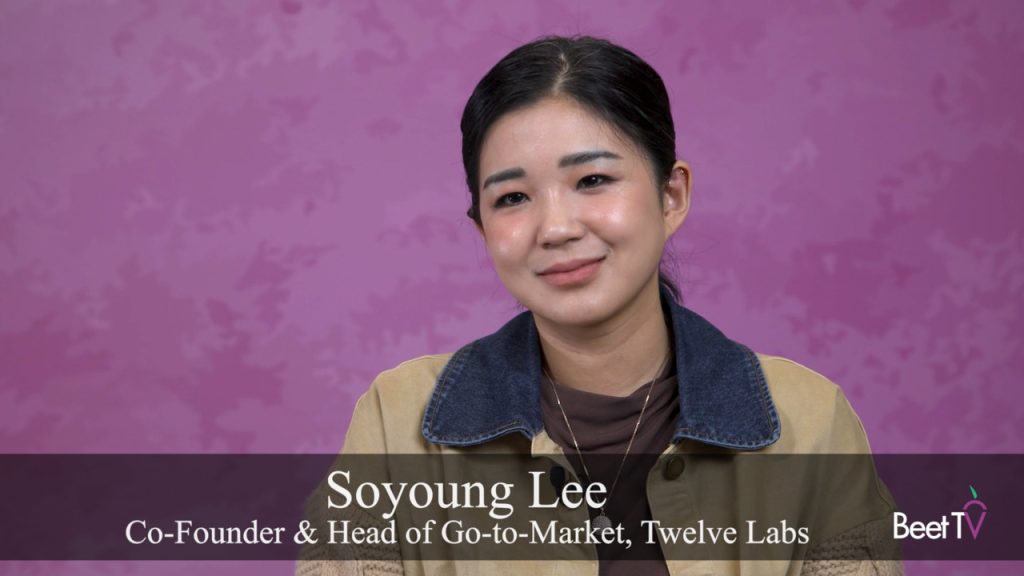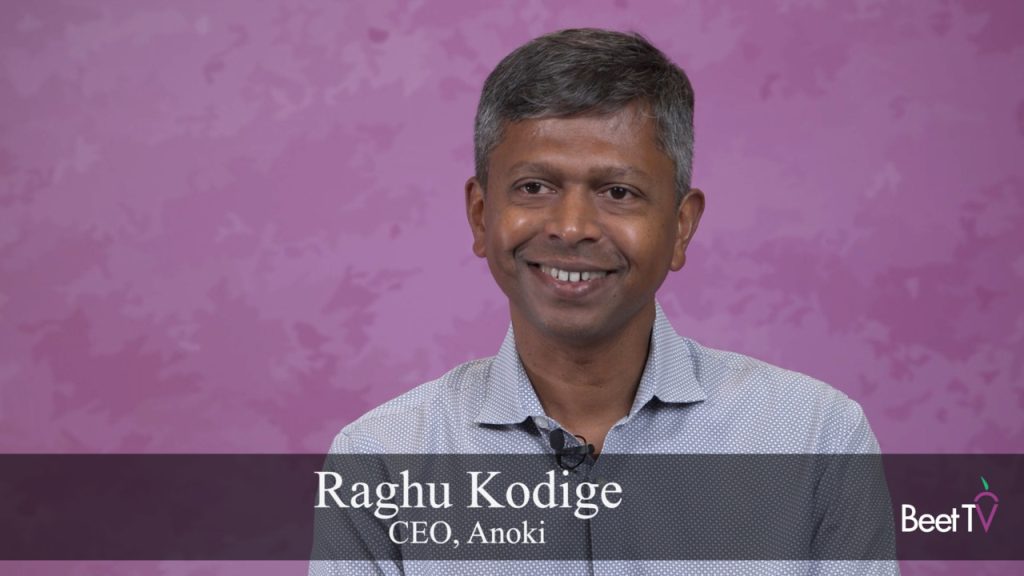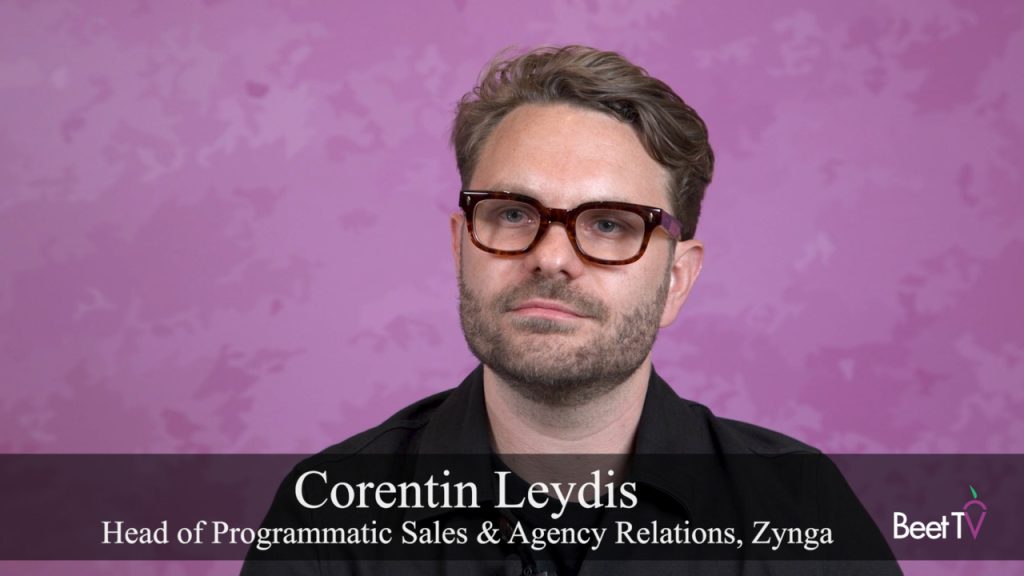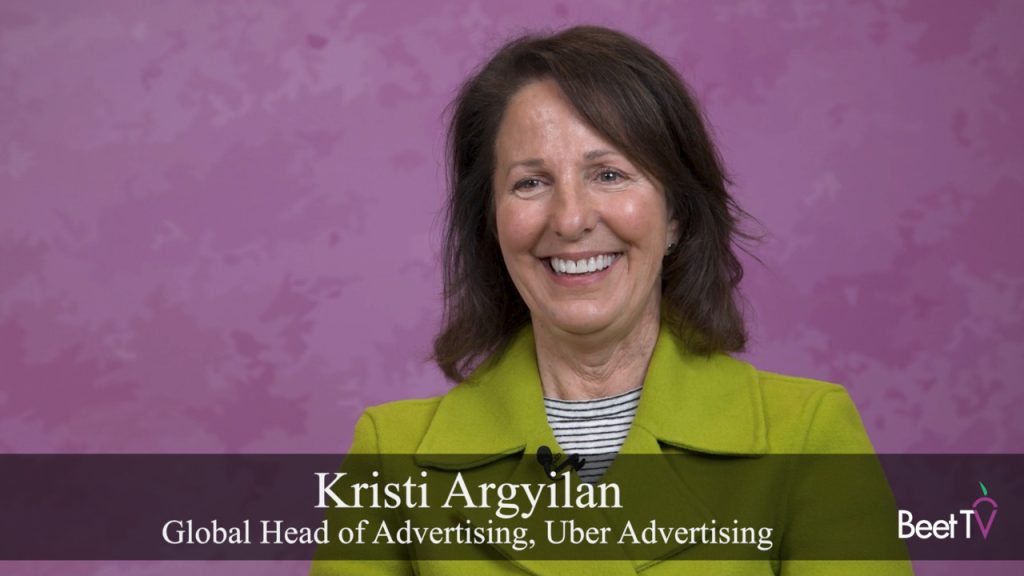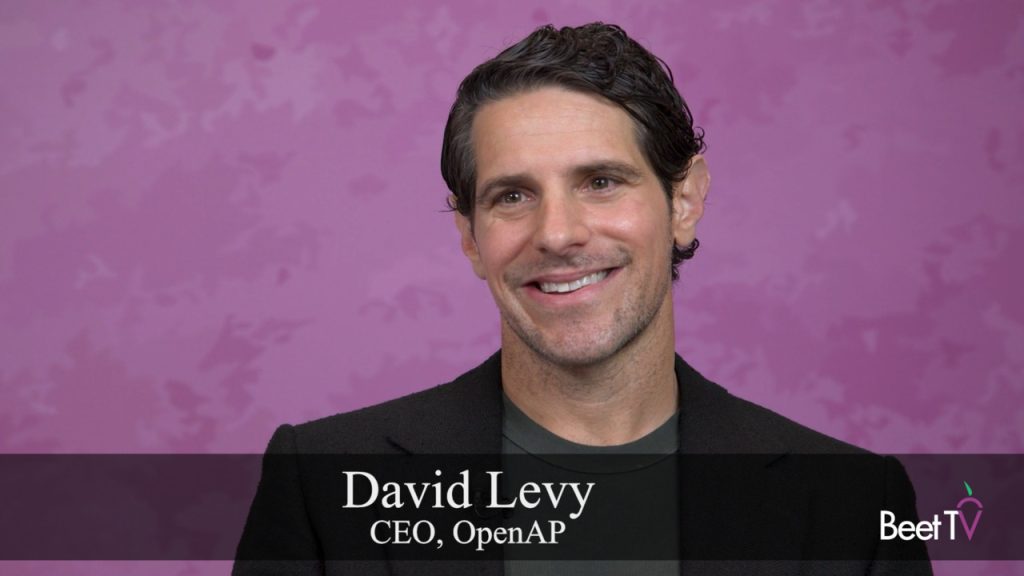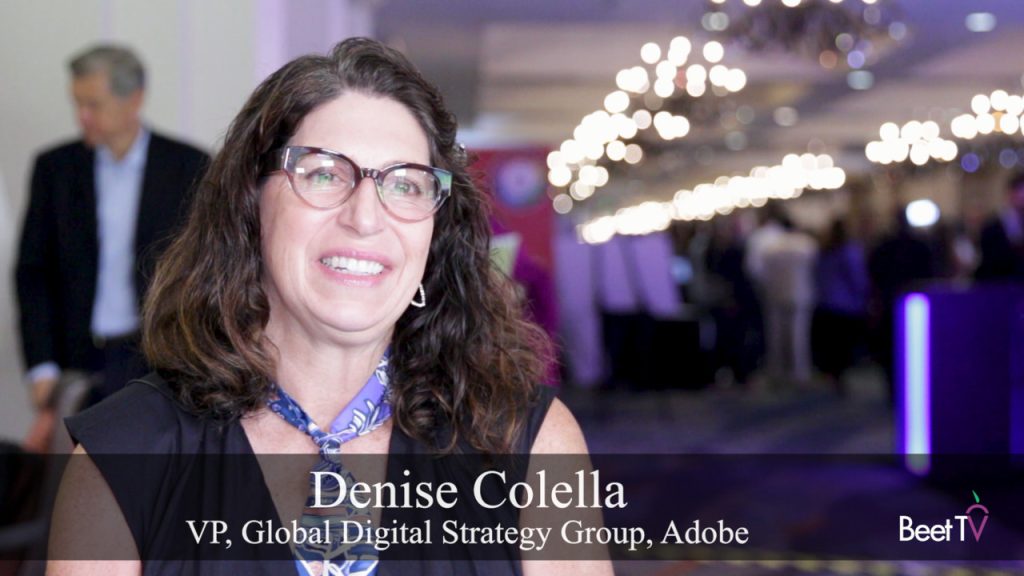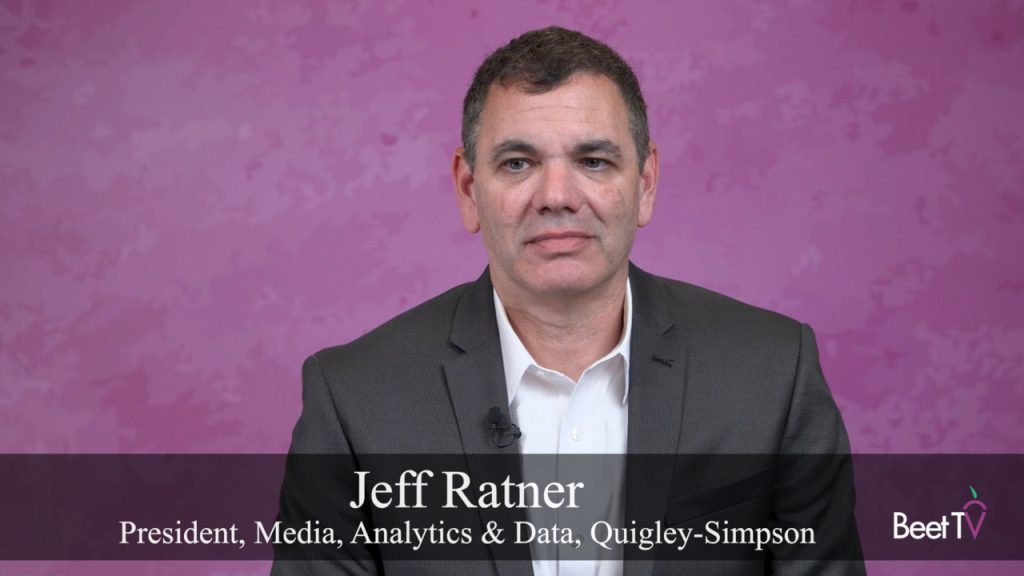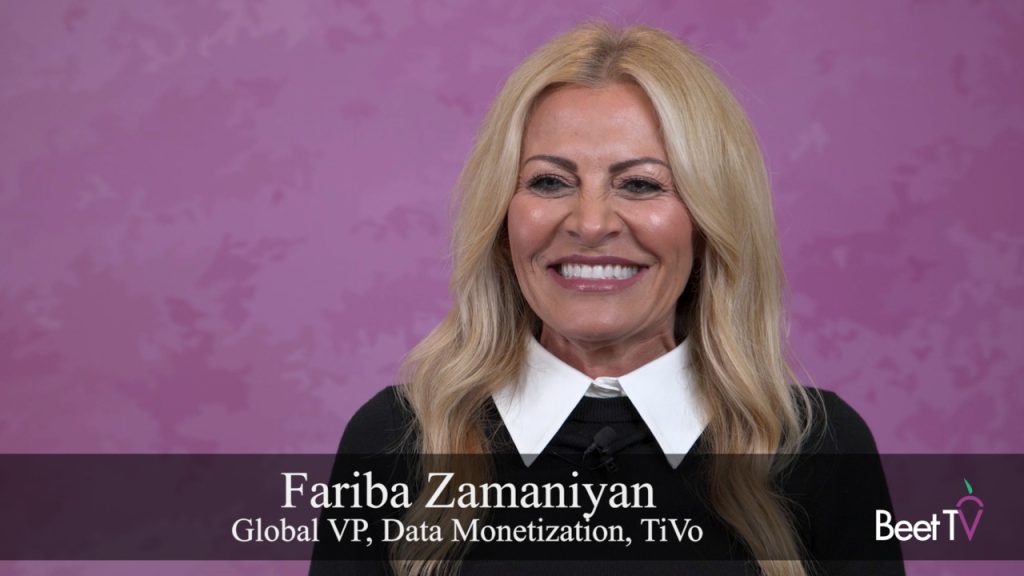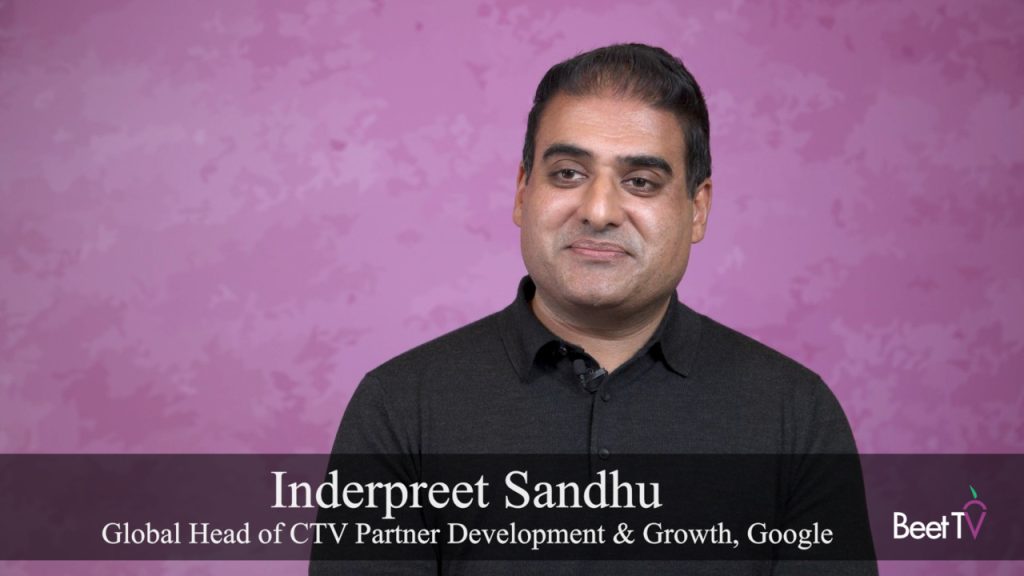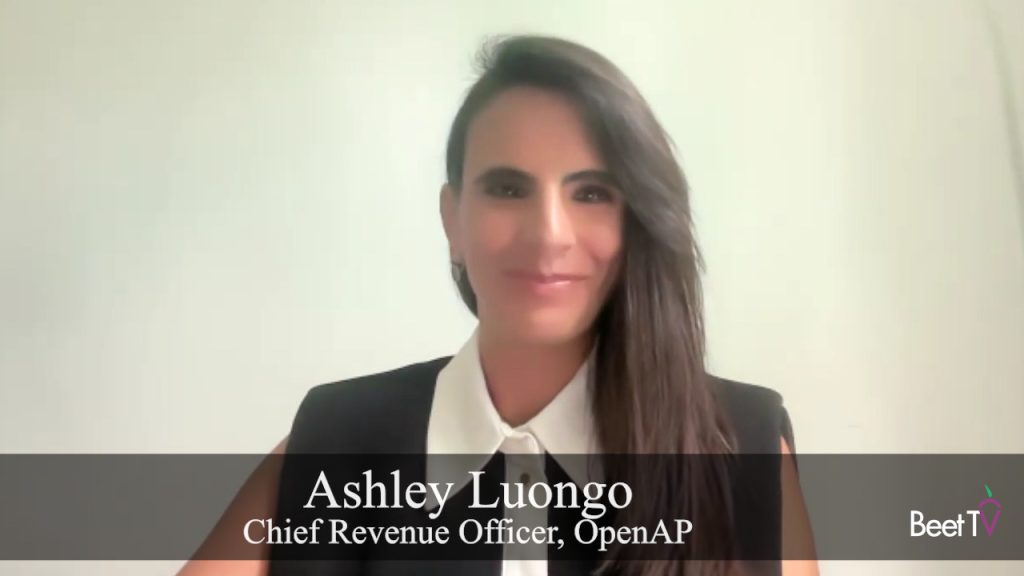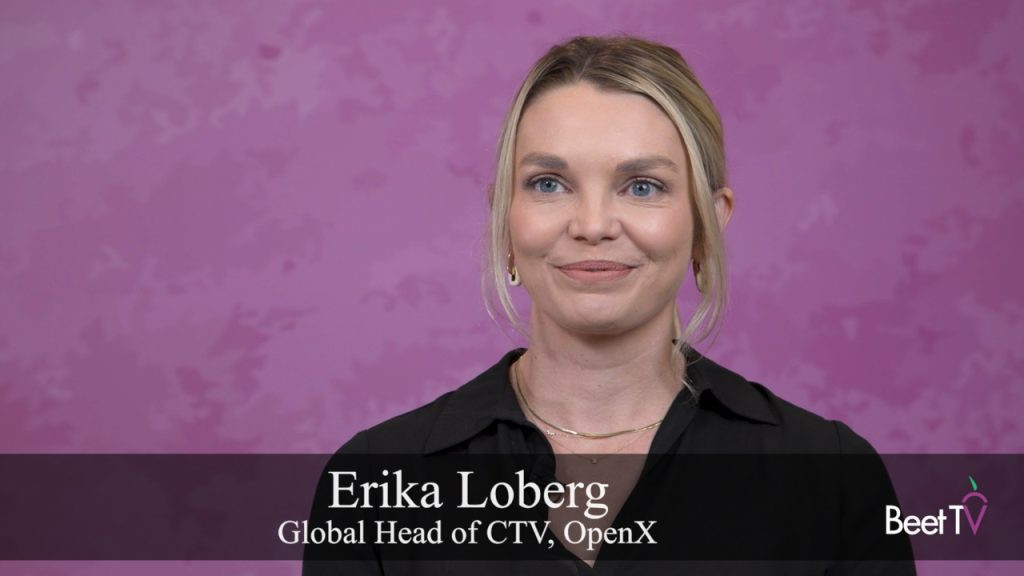The next frontier in digital advertising will be using technology to predict which marketing messages are most persuasive with consumers and to deliver them at the right time. Artificial intelligence (AI) can help to personalize advertising while also protecting privacy, balancing consumer concerns with the goals of marketers who fret about the loss of third-party cookies for ad targeting.
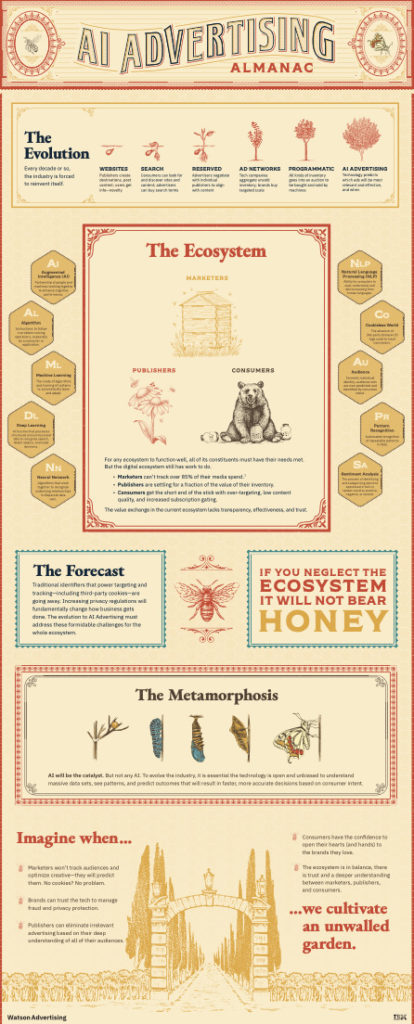
“It’s not all doom and gloom,” Randi Stipes, chief marketing officer of Watson Advertising and Weather and the Developer Ecosystem Group at IBM, said in this interview with Beet.TV. “We’re already seeing the industry move forward. We’re seeing the right direction with third-party cookies going away, with increased demand for consumer privacy regulations.”
Her company recently published the “AI Advertising Almanac” to describe the technology’s potential to tackle some of the biggest challenges faced by the marketing and media industries.
“We still have a big challenge ahead of us: How do we make sense of the growing and disparate data sets that exist?” Stipes said. “We think AI can help, and play a critical role. We’ve seen AI address foundational problems and foundational challenges in other industries.”
IBM’s AI technology has been applied to cybersecurity to help ward off online attacks, and currently helps to mitigate 1 trillion security events a month. Businesses also are using AI to predict when it’s safe for their employees to return to work, a daunting prospect as they grapple with the global COVID-19 pandemic.
“If AI can help with these incredibly complex problems, surely it can play a vital role in the marketing and the media industry,” Stipes said.
Developing AI Standards
IBM Watson Advertising is currently working with the Interactive Advertising Bureau (IAB) and other organizations to develop standards for AI applications in advertising and marketing. The goal is to make those applications more transparent and boost adoption.
“We need to develop a standard that will help us scale AI’s potential,” Stipes said. “For people to trust AI, it must be transparent. It must be explainable. We also need to make sure that the data and the insights stay with their creator.”
Stipes sees additional potential for AI outside of programmatic advertising, where the technology helps to match buyers and sellers of digital ad placements in automated auctions. Ad personalization is a big area of growth, using AI for natural-language processing (NLP) to better understand the context and meaning of text and human speech.
“We know that personalization is a huge challenge for marketers, but when we use AI’s natural-language processing capabilities, it can create ad experiences that help a brand engage one-on-one with a consumer,” Stipes said. “That forms a more personal connection.”
AI also has applications in fraud prevention, media measurement, ad targeting and sentiment analysis to match marketers with social influencers who can help to reach target audiences.
IBM currently is working with the Ad Council, the nonprofit that produces and distributes public service announcements, on an effort to promote awareness about the safety of coronavirus vaccines. The council is using IBM Watson Advertising Accelerator to predict and serve relevant creative to target audiences as well as leverage those insights to inform their larger strategy.
“We want to help the industry get smarter on AI’s value,” Stipes said. “The challenges that we’re facing right now — those should serve as a catalyst to forge a better path forward.”
You are watching “Break the Cycle,” a leadership series brought to you by IBM Watson Advertising and Beet.TV. For more videos, please visit this page.















